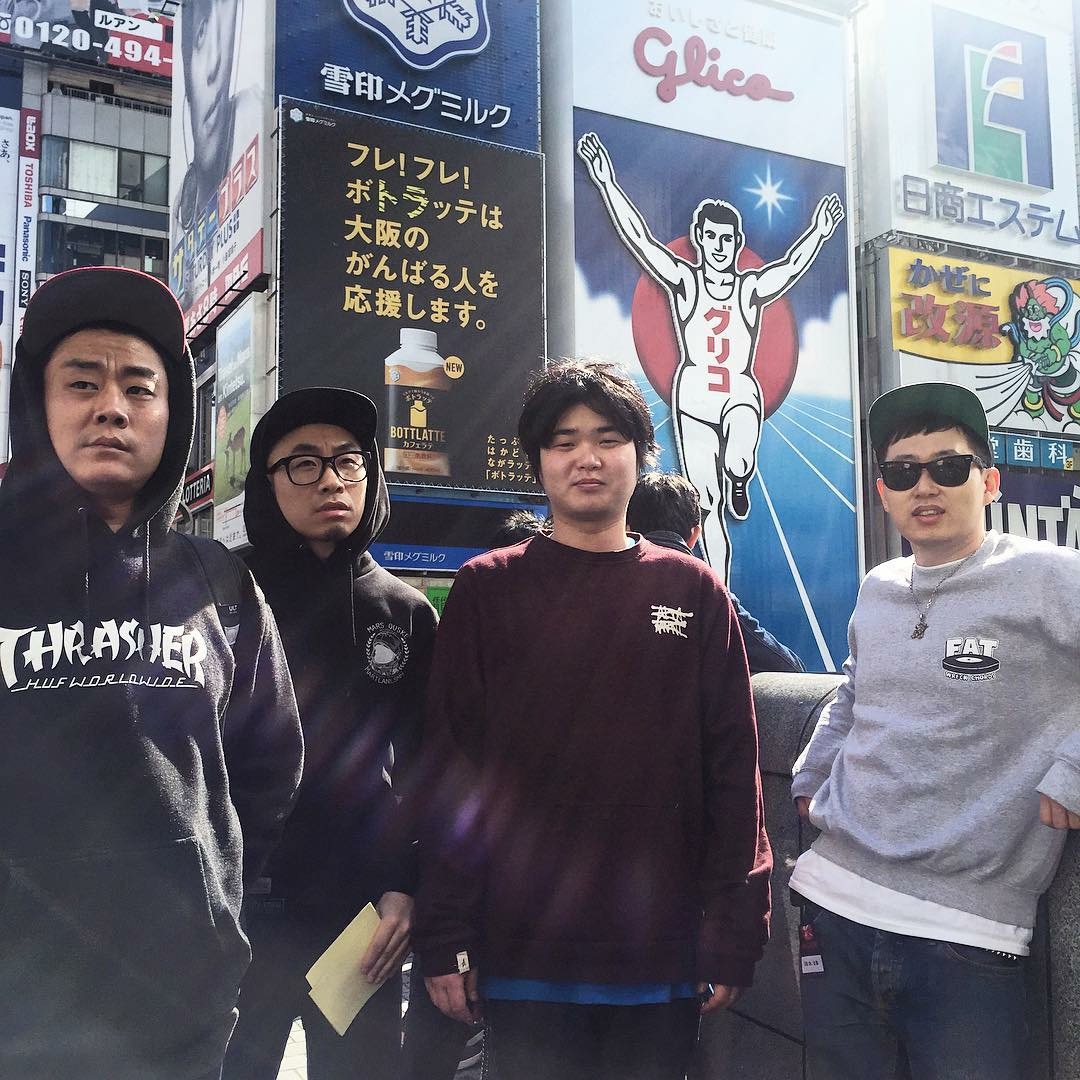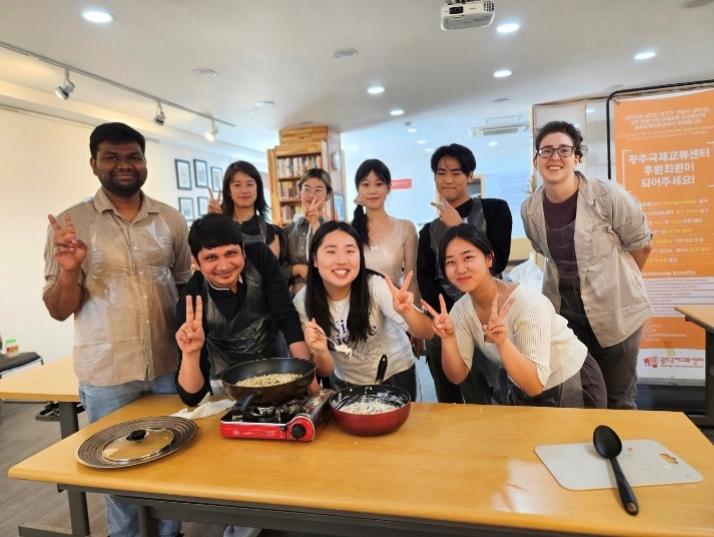Little-known Ways to Find Justice in Korea
If you are an ESL teacher in Korea, you are probably blissfully unaware of Korean law and how it affects you. On the other hand, this topic may have been of significant concern to you, but there have never been any solid answers to the legal questions you might have asked. Whichever it may be, you have a right to know about the laws in existence that apply to your job, and you have the right to hold your employer accountable for following those laws as they affect you.
A recent amendment to a law entitled Korea’s Private School Act was revised in 2007. This revision positively affects many of us living and working in Korea. I came to know of this law when a friend of mine found himself abruptly and unjustly fired from his university position. They gave no real cause for his dismissal, and needless to say this came as a shock to us all. Well, the silver lining in this cloud is in knowing that the law is on our side, and can be used to fight and thus win. This has been exactly the case for my friend. He has now been issued another contract, but the year to come and how he will be treated by management is another story yet to play out.
As mentioned above regarding the Private School Act, a specific part of that act—Article 53, Section 2, Line 4—was used to win a case where the individual discussed above fought his unjust firing by his university. It states that “any teacher/instructor/professor working at a private school [not hagwons] or a private university who is going to be non-renewed must be notified in writing at least 4 months in advance and be given a chance to appeal in a hearing.”
I would like to include few comments in my friend’s own words. He states, “Many of us have heard that there are practically no legal protections for foreign contract workers in this country regardless of title, institution, visa status, nationality, length of employment, or any other conditions that might provide some refuge from arbitrary terminations and other abuses of power. This misperception has been perpetuated in this country mainly because no one has stood up and done anything about it … until now. The essential questions that are at stake:
Q: Can Korean employers terminate the employment of whomever they want for whatever reason they want?
A: No
Q: Do employees have any recourse?
A: Yes”
It is paramount that foreigners living abroad know not only local customs but also the laws, as they can affect you in a myriad of ways. A great way to start is simply to consult with a professional. Many Korean lawyers will give either free consultations or charge a minimum fee. It is well worth the time and effort. I would like to suggest contacting a firm that I have had personal experience with: They are very professional and genuinely seem to be interested in their clients’ situations.
Download the Private School Act.
For legal advice, I recommend the following: Kim & Yun (Law Firm Jungjin) – 02-567-4611, reyes.galvan@gmail.com
If you’d like to know more, you can contact me at hello@wiggleenglish.com.




